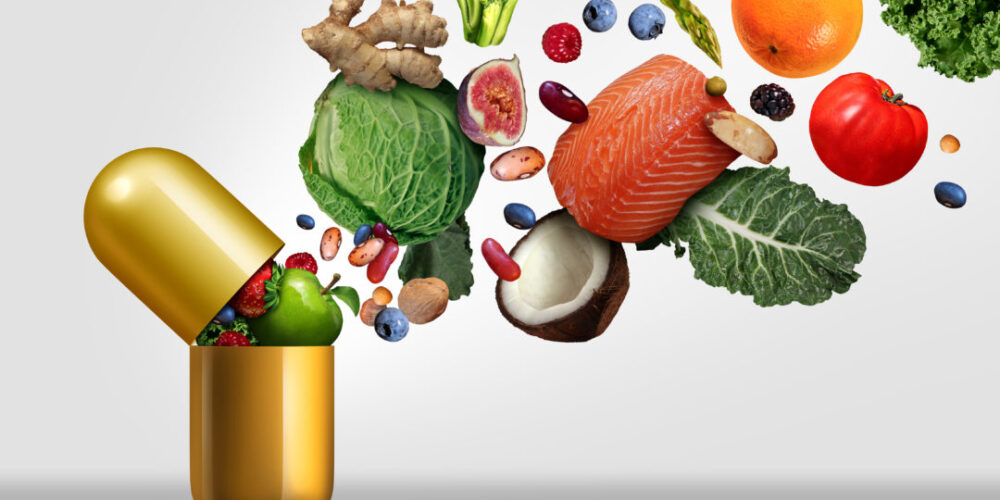
|
|
|

They’re all good, not just the blues…The berries which are usually darker in color due to the anthocyanins, flavonoids and polyphenols found in blueberries, blackberries, red raspberries, aronia berries, black raspberries, currants and even goji berries are usually the berry “stars” in the media, but even some of the perhaps lesser known berries, with lighter colours such as the English gooseberries, Cape gooseberries, strawberries, yellow raspberries, youngberries, tayberries, sea berry (sea buckthorn), pineberry and cranberry, are also packed with various minerals, vitamins and nutrients.
For example, English Gooseberries are a natural source of organic acids, providing 11–14 mg of citric acid in 100 mg of fruit. Citric acid blocks the accumulation of iron in cells and has been found to reduce the risk of diseases like Alzheimer’s and stroke if consumed regularly.
Among berries, strawberries are the most abundant source of pelargonidin which is one of the six anthocyanin compounds (which by the way are found in ALL berries). Conveniently, these specific anthocyanins emerge as neuroprotective agents, acting as potential antioxidant compounds, by scavenging free radicals and contributing to an increase in endogenous antioxidants and to a decrease in endogenous reactive oxygen species.
Apart from Omega-3 fatty acids which is great for your heart, yellow raspberriesalso contain high levels of iron and copper which helps for brain development and to prevent premature ageing.
Sea buckthorn oil has been used in Europe and Asia in medicine for centuries. The oil is mainly extracted from the berries, seeds and leaves. As with most berries, it has copious of health benefits such as cancer-fighting properties due to the high antioxidant levels, assisting with blood sugar levels, promoting liver health, boosting of the immune system, vision improvement and assisting with digestion. Apart from these benefits, due to the high levels of antioxidants such as carotenoids, sterols, and polyphenols, sea buckthorn may help with plague deposition in the neural pathways and reverse the effects of dementia. These specific antioxidants also protect against damage to the brain cells caused by free radicals and inhibit the degeneration of nerve cells, preventing and slowing cognitive impairment.
The bottom line. The conclusion is that, according to sound and multiple research studies, eating berries, can improve your brain function and even prevent certain neurological regression.

|
|
|
Grow your own berries
Berries for Africa is a contract nursery grower and supplier of various berry plants. Apart from supplying plants, we offer turnkey consultation services for your specific production system whether you are a commercial berry farmer or enthusiastic home-grower. These services include soil testing and rectifications, planting, fertilising, trellising, hydroponic systems, integrated pest and disease management, pruning, harvesting, and last but not least, the marketing of your fruit. For berry plant material or more information about orders or services, feel free to contact us at info@berriesforafrica.co.za

